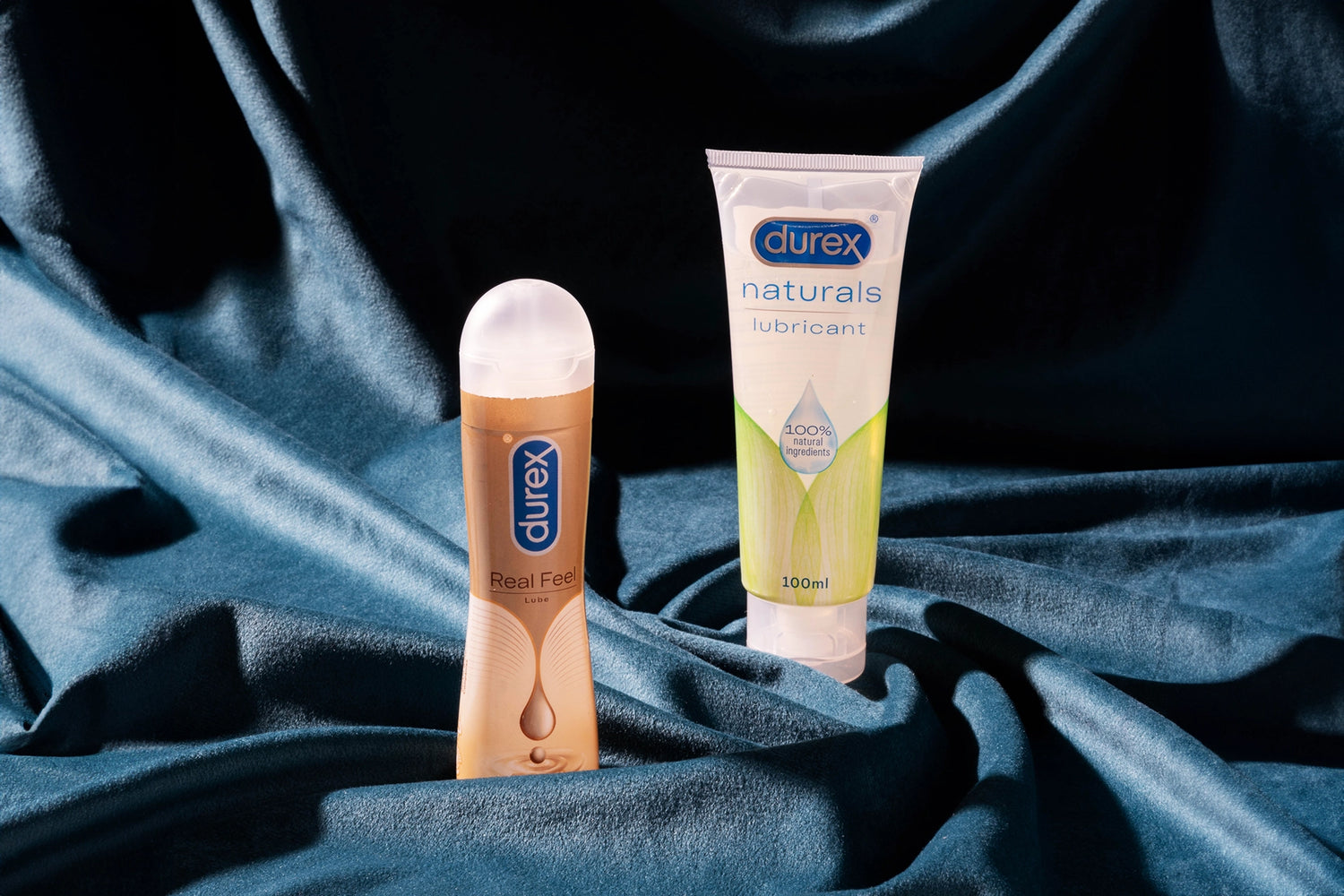
How to communicate about masturbation with your partner
Life in lockdown has transformed our daily routines, and the changes are being felt in different ways for different people. Social distancing measures have isolated us from our peers and friends and placed us in near-constant contact with our significant others. If this makes you feel, at times, anxious, it’s totally normal. The stress of an unprecedented pandemic, and the effect this has on our mental well-being, shouldn’t be overlooked. The pandemic is having a big impact on our day-to-day lives — particularly on our interpersonal relationships.
In such times, many of us are rediscovering an important sexual relationship in our lives: the one we have with ourselves. Masturbation has become a significant aspect of many people’s self-care regimes under lockdown. But, for those in relationships, masturbation is not always straight forward, especially when it comes to having conversations about it. On the other hand, masturbation is one of the best form of sex education for adults. Through masturbation, we can learn about ourselves and also our partners. This can ultimately lead to a more fulfilling sex life. But that’s easier said than done; so here are eight ways to talk to your partner about self-loving.
1. Start the conversation
Self-pleasure is completely natural – everybody enjoys a little solo session once in a while. Although society can often make us feel wrong or dirty for masturbating, making it difficult for us to talk to our partner about it. Starting a conversation might seem like a scary step if masturbation is something you’ve never spoken about before. You can start feeling anxious – which is totally understandable. Try writing down how you’re feeling (cue cards are very helpful) and use this as a talking point with your partner. Focus on explaining why self-pleasure is important to you and how it makes you feel. Remember to choose a setting that keeps things light. The bedroom may feel a little too intimidating (particularly if it’s the place you choose to self-pleasure). Try opening the conversation in the living room or even the kitchen. Once the topic is on the table, it could help ease your feelings.
2. Be honest!
As always, honesty is the best policy — especially when it comes to sex. Your partner won’t like it if they find a hidden stock of lube or vibrator without knowing that you get intimate on your own. If you do masturbate without your partner, you don’t have to feel guilty about it. If you’re on the other side, and it hurts to know your partner masturbates without you, you should communicate this openly, and in a non-accusatory way. It’s only if both parties actively communicate how they feel, without judgement or shame, will they be able to work through negative feelings and set boundaries wherever appropriate.
Masturbation is about getting some all-important ‘me’ time. It’s a way to explore personal urges and connect with the body. And these things have no bearing on how you feel about your partner. Once you chat this through together, it could help them deal better with their concerns.
3. Create a safe space to talk
If there are communication issues or feelings of shame around masturbation in your relationship, you and your partner need to set aside some time to talk and listen to one another talk about it. It’s a good idea to create a safe space for yourself to have this discussion: somewhere where you two can be alone with no interruptions, no technology, no alcohol, and no raised voices. This might feel overwhelming, so take away the seriousness and chat while you’re doing something else, like cooking together. The distraction may actually help.
4. Turn a page
Both you and your partner should be on the same page about one key detail: masturbation is not a bad thing. In fact, it can help build trust and sexual satisfaction within your relationship. Everybody is different, and there’s a chance that our partners are not able to satisfy all our sexual desires. If you feel as you do not see eye-to-eye with your partner on masturbation, suggest some wider reading to one another and plan another discussion to talk about your findings. At times, professional advice can help validate the way we feel. Remember, masturbation is a way of making sure that we can remain sexually satisfied within relationships without putting too much pressure on our partner sexually. Masturbation can also help us be more knowledgeable about our desires.
5. Boundaries
Setting and respecting boundaries is important for making any relationship work. When it comes to masturbating in a relationship, these boundaries might be about simple things, think location, timing or accessories. Maybe your partner doesn’t want you using their vibrator for solo-play unless you ask or inform them first? Maybe, you and your partner might agree that it’s common courtesy to restrict masturbation to the bedroom or the bathroom? Whatever the boundary, and however best you keep a note of them (maybe it’s a checklist pinned to your ‘special’ drawer), ensure that you’re fully on board with the boundaries being set — because you will be fully accountable for breaking them.
6. Mutual masturbation
Mutual masturbation can be a fun addition to foreplay or even a new way of concluding a session in bed. You can initiate it during lovemaking by simply asking your partner to show you what they do to themselves and, if they’re down for it, ask them if you can touch yourself while you watch. If your partner is hesitant or noncommittal when you mention the idea, it usually means they’re not into it, and you should be giving it a skip for now. Do make another try after a while though.
7. Share your new-found kinks
Masturbating by yourself is an opportunity to develop new fantasies and experiment with how you touch yourself. This is a great way of developing yourself sexually and understanding more about what makes you tick between the sheets. As with all great news, this shouldn’t have to be something to keep to yourself and is something you should share with your partner as a way of enriching your bond. Tell them about the new sex position you’d like to try, or the steamy scenario that you’ve been replaying in your head. If you find that daunting, find an erotic story that mirrors what turns you on and give them some extra reading. This may be the first time you’ve communicated these thoughts or fantasies to anyone, so it’s a way of encouraging intimacy, vulnerability, and trust within the relationship.
8. Inspire partnered play with solo-pleasure
It’s not uncommon for your solo time to differ from what you do with a partner. Maybe you always use a vibrator or lubricant on yourself but are feeling hesitant to bring this out in your partnered sessions. Or maybe you’ve been testing out playing with your prostate when you’re alone or using a penis ring, but feel too embarrassed to ask your partner to do it. Whatever your preference, you shouldn’t be afraid to integrate these activities into your time together with your partner. Not only can this increase your pleasure, but it can lead to your partner trying out some of these things as well! This way, it will allow both of you to work together to make your sex life fulfilling and fun at the same time. Maybe you and your partner can try lube, penis ring, or erotic oils together. Sharing is caring between the sheets too!

As in any relationship, consent and communication are the most important things for a healthy sexual relationship. Both partners have to feel comfortable and happy, whatever the situation. It is also worth remembering that solo-play is a natural part of exploring our own bodies, a form of personal sex education for adults and contributes to our overall wellness. No one should feel embarrassed or guilty for wanting to masturbate on their own, even when they’re in a relationship. Self-pleasure is something that should be spoken about openly; it’s only in doing this that people will realise what turns them on, making it easier to communicate things to their partner.
The blog is based on author's opinion and references taken from available literature on websites and journals









